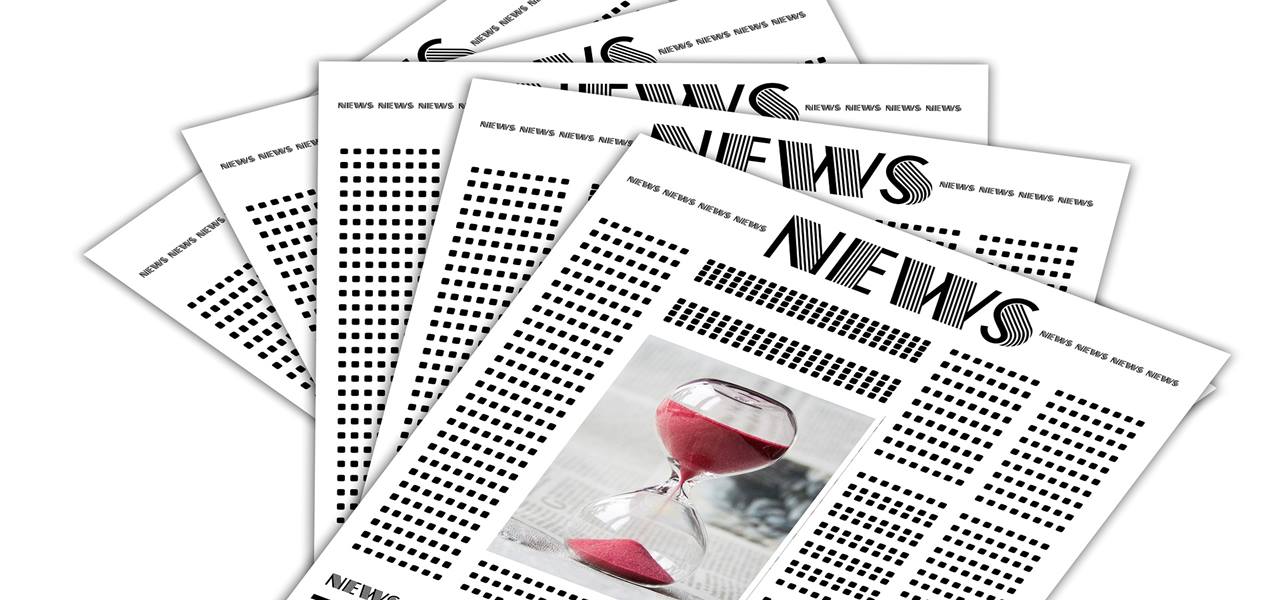Novartis achieves positive Phase III results for AMD, Eylea to face stiff competition ahead

Novartis, the renowned Switzerland-based pharmaceutical market player, has received data from two Phase III trials, namely, HAWK and HARRIER, that depict the optimum performance of its new VEGF-A inhibitor RTH258 (brolucizumab). As per news reports, this inhibitor, dosed four times on an annual basis, matches the results depicted by Eylea. The inhibitor is expected to go ahead with the regulatory compliance by the beginning of 2018.
Novartis had been facing a period of slump post the launch of Eylea by Regeneron and Bayer, that was priced at a low amount, and the dosing schedule of which is less frequent. Eylea introduction had slowed down the sale of the VEGF-A inhibitor Lucentis, which was reportedly a joint venture between Novartis and Roche. Post the lukewarm performance of Lucentis, despite its first-to-market advantage position, the business position of Novartis in global age related macular degeneration drug market had been lowered by several notches. The pharma giant however, is all set to reclaim its lost position with the launch of RTH258.
For the record, RTH258 (brolucizumab) is a single chain antibody component that enables better tissue penetration and robust clearance from the system circulation. Novartis took this drug under their wing in the first quarter of 2016, when the firm revamped its Alcon eye care business.
According to the experiments conducted, the 3 mg and 6 mg dosages of this new drug match the 2-mg dosage of Eylea, in the average change in BCVA (best-corrected visual acuity). The two drugs were even found to have comparable after-effect profiles. More than 57% of the patients in the HAWK trial and more than 52% of the patients in the HARRIER trial received RTH258 every 3 months, as opposed to the Eylea dosage schedule of 2 months, thereby reducing the number of injections to four times on an annual basis, with comparable results.
If everything goes as per what Novartis has planned, RTH258 will catapult Novartis’s position in global AMD market. This would be a welcome change for the pharma company post its disappointment of 2016, when its anti-PDGF aptamer – pegpleranib failed the Phase III trials. In addition, 2016 also witnessed Lucentis’ sales dropping by 11%, in addition to the threat of its biosimilar counterpart.
While Novartis has reclaimed its position in the global AMD industry, competition is still rampant in the market. Rival pharma giant, New Jersey-based Allergan has also been running Phase III trials with its new VEGF inhibitor, the results of which are likely to be released in 2018. Experts are of the opinion that Novartis needs to commercialize its product ASAP, in order to skim the cream off the market prior to the launch of competitor products.
Post Recommendents
India-based Kaizen AI set to influence the $1.36 trillion GCC realty sector
Kaizen AI, a prominent technology firm that uses AI to revolutionize large-scale building projects, is entering the lucrative GCC real estate sector, where the value of planned and under-construction projects is projec...
Microsoft expands partnership with Oracle to Deliver Oracle Database Services
Microsoft Corp. and Oracle Corp. have reportedly announced the availability of Oracle Database@Azure, which provides direct access to the Oracle database services operating on Oracle Cloud Infrastructure ...
Reliance Industries and NVIDIA join hands to advance AI in India
Indian billionaire Mukesh Ambani-owned Reliance Industries Ltd. has reportedly announced a partnership with U.S.-based chipmaker NVIDIA for advancing AI in India.
Apparently, Indi...


